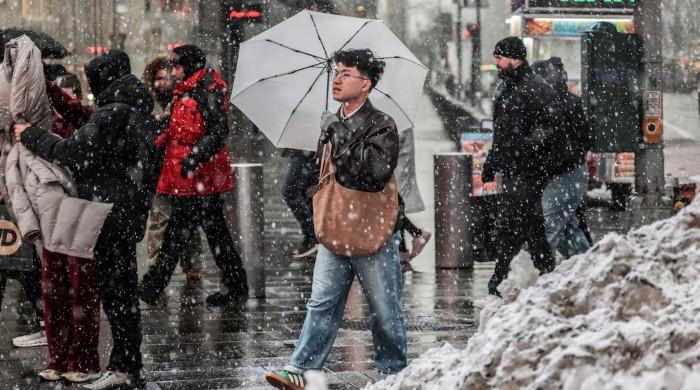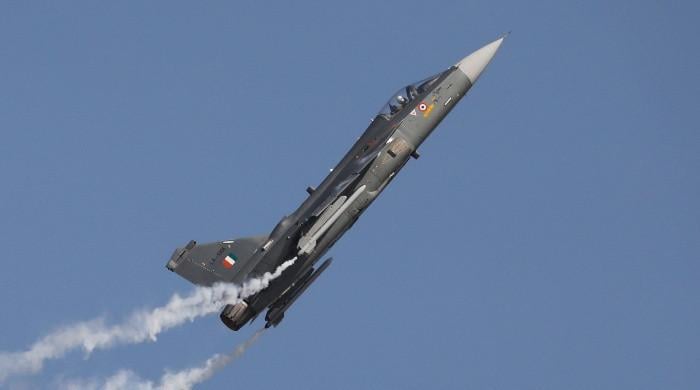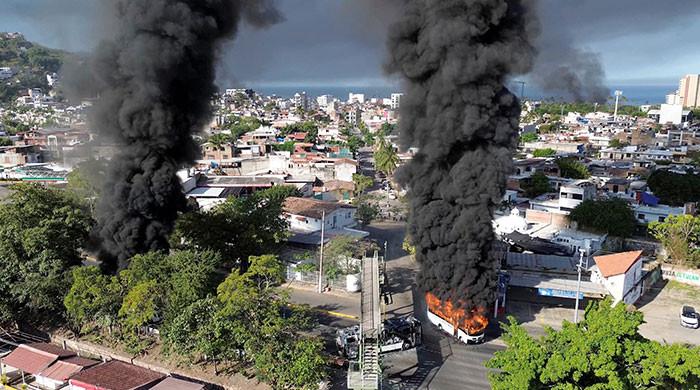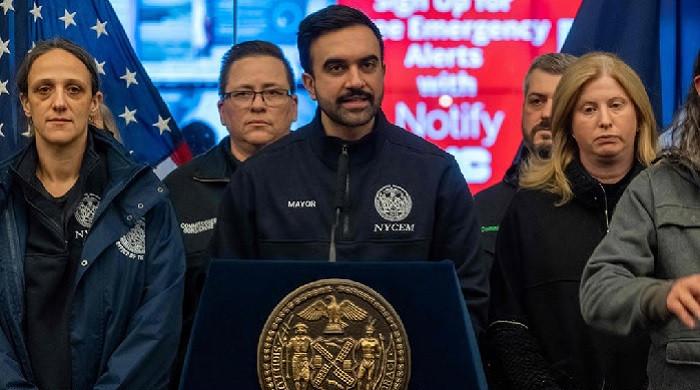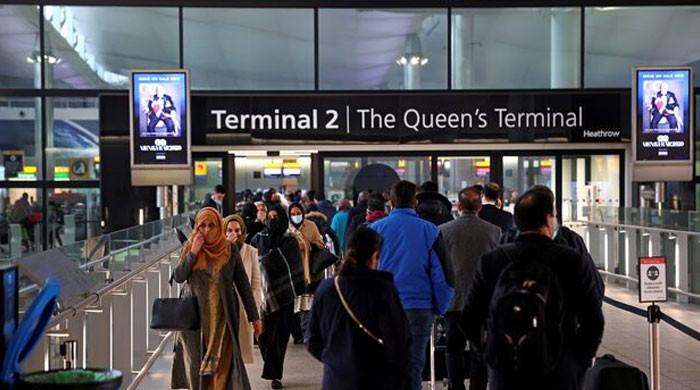WHO officials to visit China's Wuhan next month to probe coronavirus origins
A team of researchers will stay in Wuhan for four to five weeks; interview meat market vendors
December 17, 2020
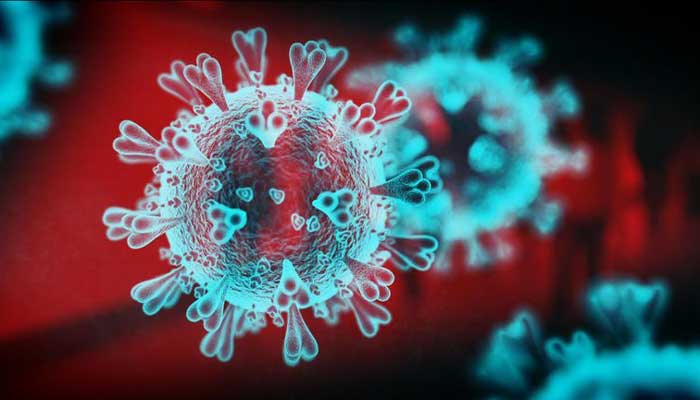
- A team of scientists from WHO will be visiting Wuhan next month to probe the origins of the novel coronavirus
- China was initially hesitant to allow an independent investigation into the matter
- The United States has accused China of deliberately hiding the initial outbreak
- A biologist with the Wuhan-bound WHO team said the purpose of the investigation is not to apportion blame.
According to the report, the WHO has said that a team, comprising 12 to 15 researchers, will go to Wuhan in January 2021 to find out how the virus initially started spreading among human beings.
China had also launched a probe into the origins of the novel coronavirus to see how the disease spread among its population. The country has now agreed to give global experts access to all preliminary samples it collected.
Read more: Explainer: Here's what we know about the origins of COVID-19 pandemic
According to the report, WHO experts will also visit the exotic meat markets in Wuhan to interview vendors. The virus is thought to have originated from these markets.
Beijing had reportedly been hesitant to allow an independent investigation and it took the WHO several months of negotiations to get an approval, the report added. Earlier this year, the United States had accused China of deliberately hiding the initial outbreak of the virus from the world, the report said.
Related: The Wuhan lab at the heart of the US-China coronavirus spat
Why is WHO carrying out the investigation?
According to the BBC report, a biologist who will be travelling to Wuhan with the WHO delegation next month told the Associated Press news agency that the purpose of the visit is not to "apportion blame but to prevent future outbreaks."
"It's really not about finding a guilty country," Fabian Leendertz of Germany's Robert Koch Institute said. "It's about trying to understand what happened and then see if, based on those data, we can try to reduce the risk in the future."
He added that the mission is expected to last four or five weeks.
Read more: Wuhan bans consumption of wild animals as COVID-19 cases surge




